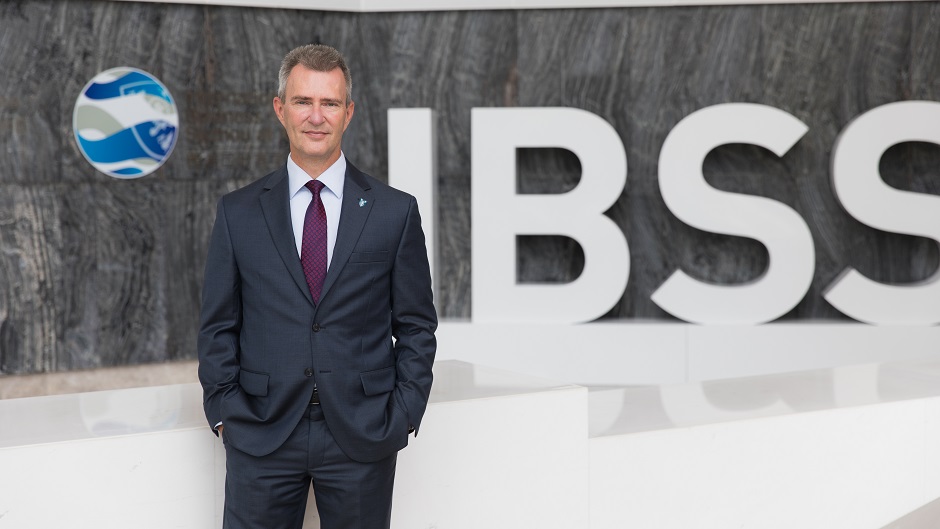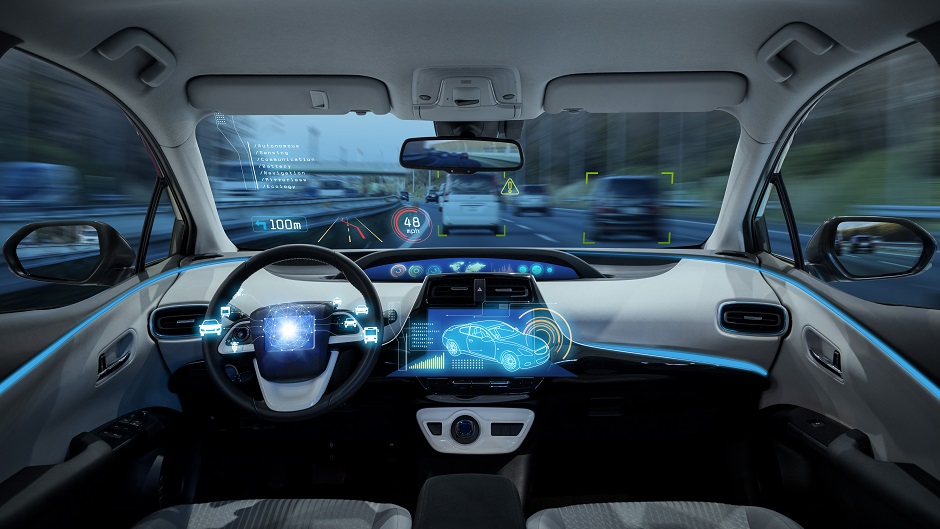26 Sep 2019
According to the new dean of Xi’an Jiaotong-Liverpool University’s International Business School Suzhou, business educators must leave behind the fact-filled PowerPoints and textbook lectures of previous decades in order to prepare today’s students for tomorrow’s world.
Professor Jӧrg Bley, who began his post at XJTLU at the beginning of this month, says the world around us is changing rapidly, at an ever-increasing pace, particularly given technological advancements.

In this unpredictable landscape, he believes business schools and higher education institutions more broadly must do more than provide their students with facts and figures.
“Education can no longer be about the memorisation of factual knowledge,” he says.
“By the time a student graduates from a four-year programme, the facts learned during his or her first two years will be obsolete.”
According to Professor Bley, the role of educators has changed from feeding students information to helping them learn to interpret, evaluate and apply information that is readily available through the internet.
“Critical thinking and effective communication are the most important soft skills a business school can teach,” he says.
“Students must learn how to seek information from multiple sources and how to make up their own minds – they cannot rely on anyone to tell them what to think.
“Class content must stay as current as possible to keep pace with the business world. We no longer have the luxury of waiting a few years for a new textbook to incorporate the latest in theory and practice.
“Instead, we need to send our educators to seminars, workshops and training with central banks, investment banks, marketing companies and others that are in the business of doing what we are teaching our students about.
“Academic staff must continue learning so that we can adapt our programmes to meet the needs of the market, ensuring our graduates find the job opportunities they are hoping for and are well equipped to perform in their work.”
A focus for Professor Bley will be ensuring the University continues to build strong relationships with the business community – something he sees as a crucial element to creating a successful business education environment.
He hopes to take advantage of IBSS’s strategic location in the Suzhou Industrial Park District to build relationships that can be a win for both sides.
“SIP is home to over 100 Fortune 500 companies and a thriving local business community of small- to medium-sized business enterprises,” Professor Bley says.
“IBSS can serve as a centre of knowledge for businesses here, providing workshops and tailored programmes.
“At the same time, the business community can interact with our students as guest speakers and corporate mentors or provide in-company projects and internships.”
Professor Bley, who began his career as an investment banker and most recently served as dean of the American University of Sharjah’s business school in the United Arab Emirates, says he is looking forward to leading one of China’s top business schools.
He notes that IBSS is already accredited by both the Association to Advance Collegiate Schools of Business and the EFMD (European Foundation for Management Development) Quality Improvement System.
"To put that in context, of the roughly 17,000 business schools that exist in the world, less than five percent are accredited by the AACSB and less than 100 total have both the AACSB and EQUIS accreditations,” he says.
“For IBSS to achieve that after only six years of its inception is mind-boggling.
“We have been doing such great things in a very short period of time. I’m looking forward to being part of the next stage of the school’s development and sharing its success story with the world.”
By Tamara Kaup
Photo courtesy of IBSS
26 Sep 2019
RELATED NEWS

When trends in electric, automated and shared cars merge
You’ve just hired a Didi car. You get in the back, and off you go. But there’s no driver in the front and no purr of a combustion engine. The car is not onl...
Learn more








